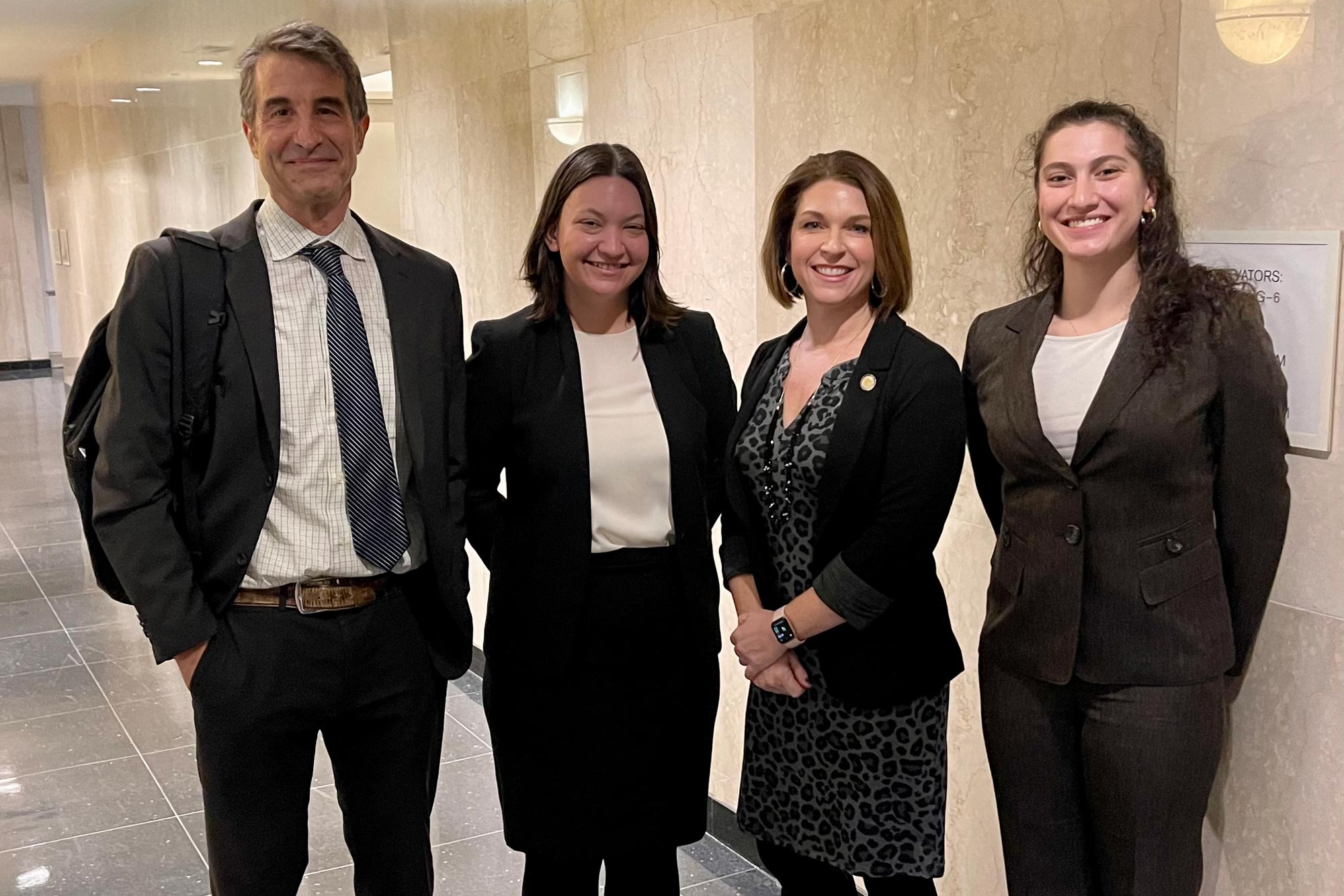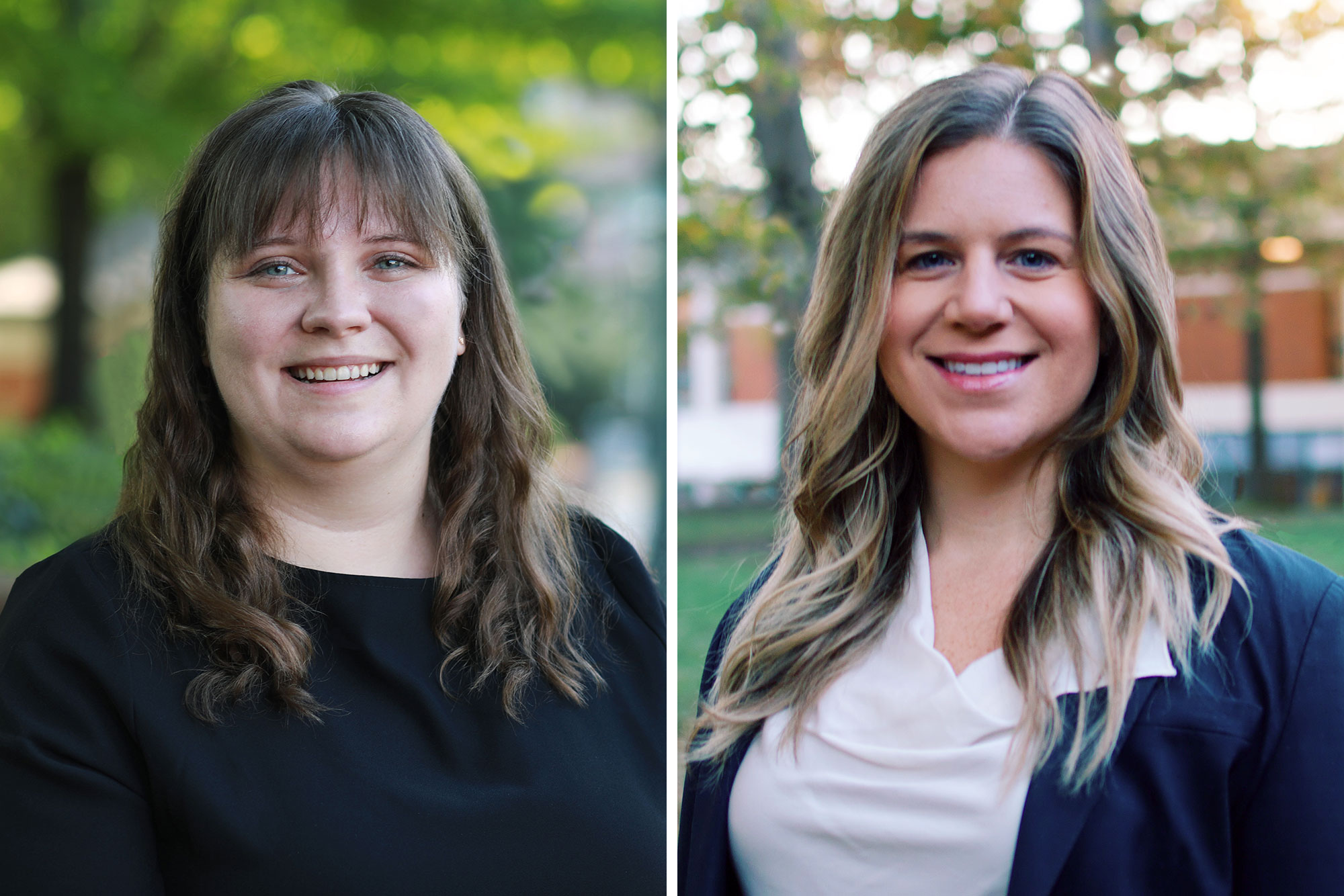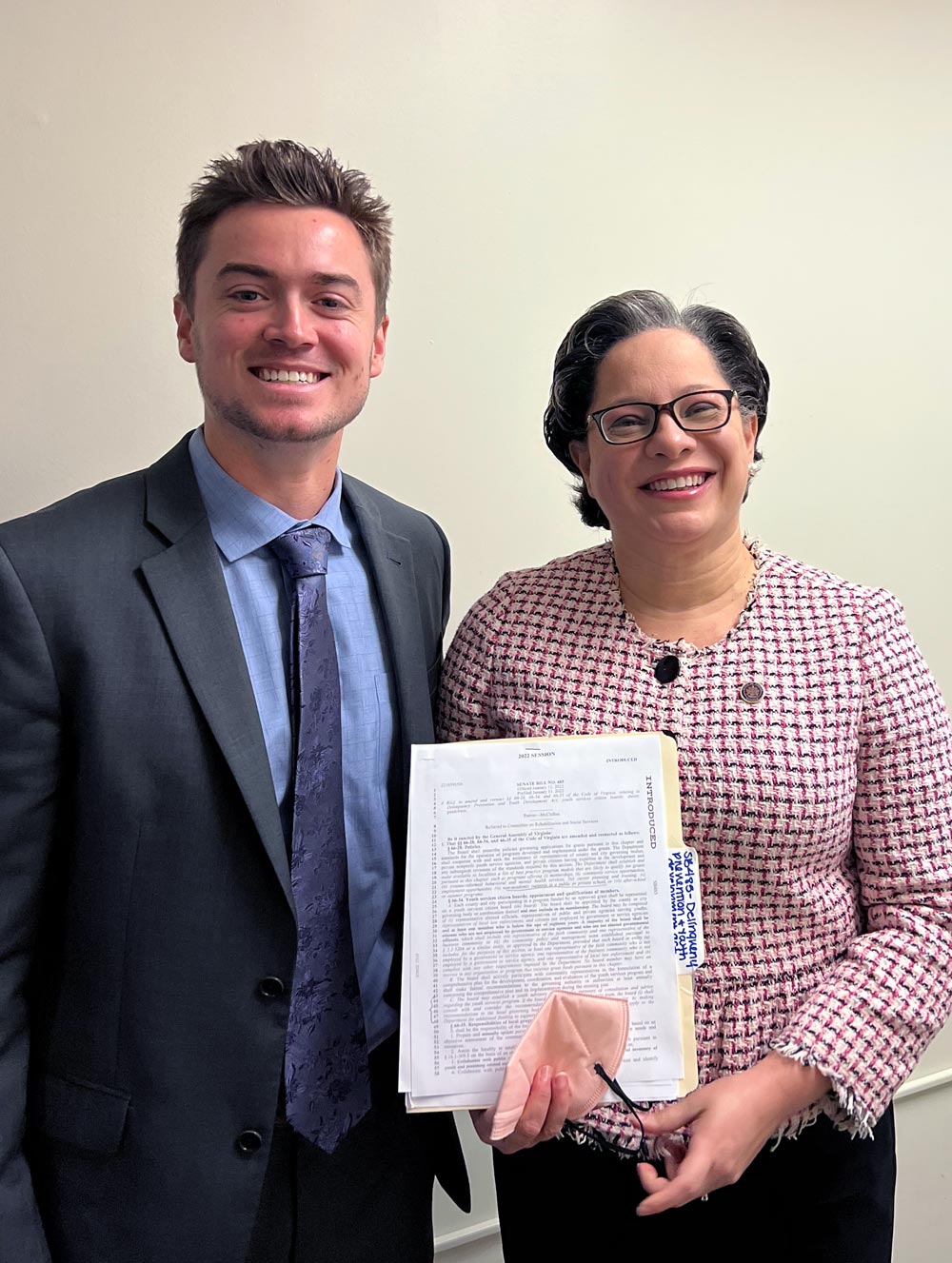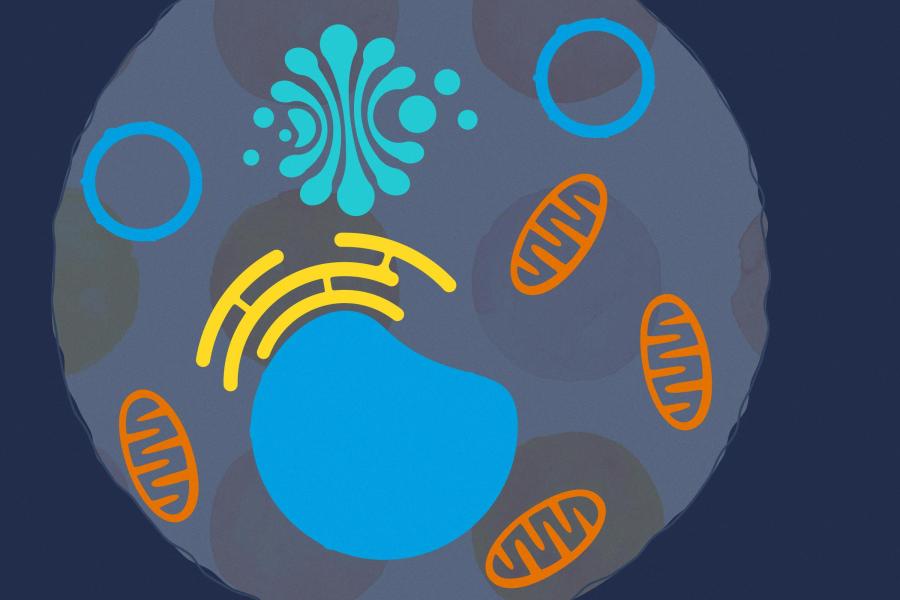A new literacy program will help Virginia schoolchildren learn to read, thanks to a new law ushered in part by clinic students at the University of Virginia School of Law.
Responding to persistently high rates of students failing to read at grade level, a legislator approached UVA Law’s State and Local Government Policy Clinic to help develop the Virginia Literacy Act – bipartisan legislation to ground literacy instruction in science-based reading research – and to provide guidance and support for all stakeholders in the education system, including higher education.
The House of Delegates bill was sponsored by clinic client Republican Del. Carrie Coyner, a 2002 graduate of UVA’s College of Arts & Sciences, and the companion Senate bill was sponsored by Democratic Sens. Jennifer McClellan, a 1997 Law School graduate, and Louise Lucas. The legislation passed the General Assembly unanimously and Gov. Glenn Youngkin signed it into law April 11.
Law professor Andrew Block, the clinic’s director, said the comprehensive approach of the bill will dramatically change how Virginia teaches its youngest students to read.
“First, the Virginia Literacy Act will require that when it comes to reading instruction, everything our local schools provide must be evidence-based,” he said. “And second, it embeds these requirements into all aspects of education – from how our institutions of higher education prepare teachers, to what kind of ongoing training they receive, to what sort of curriculum and, if necessary, remediation are offered to kids who aren’t reading at grade level, and to what supports are provided to parents.”

Professor Andrew Block, law student Erin Camia, Del. Carrie Coyner and law student Antonella Nicholas stand together after Camia testified before a House of Delegates committee. (Contributed photo)
He added that the bill’s passage succeeded because Coyner, with the support of the clinic, laid the groundwork well before the session started in January, made a focused effort to attract bipartisan backing, and worked early and often to earn the support of the newly elected Youngkin administration.
The clinic’s efforts and the eventual legislation were informed by the work of professor Emily Solari, a nationally recognized expert on literacy at the UVA School of Education and Human Development, who spent hours helping both clinic students and policymakers understand the reading needs of Virginia’s youngest students.
Solari said the law students spent time learning about early literacy instruction and why it was important. They also provided expert testimony during committee meetings as the legislation made its way through the General Assembly.
“Every student in Virginia and across the nation deserves access to early literacy instruction that is going to set them up for success,” she said. “The Virginia Literacy Act codifies important key elements of early literacy instruction, by defining evidence-based literacy instruction that is aligned with what we know about reading science.”












